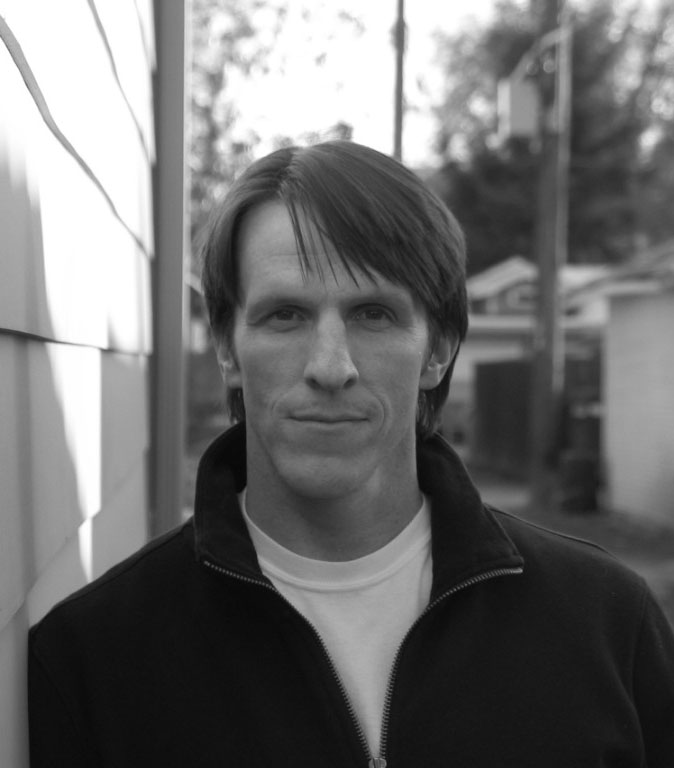Blog
An Interview with Brady Udall
December 24, 2010
Udall’s book, The Lonely Polygamist, is popping up on Best Books of the Year lists. Dialogue was lucky enough to score an interview with Udall while he was on his book tour last May. Below is a brief excerpt from the conversation between him and editor Kristine Haglund, and a link to the full article.
Kristine: Why is fiction a good place to explore the search for God? Why not personal essays or reporting? Why fiction?
Brady: That’s a good question, and I actually think fiction is the best way to understand humans’ personal attempts at connection with God. And that’s because fiction can only be about one person, or two people, or maybe one family, and in its specificity, we can see this search for connection at work. That’s why we love stories, why the Bible is full of stories, why Jesus spoke in stories. We can only understand truth in its human context or form, I think. That’s not to say that philosophy or theology isn’t worthwhile, just that for most of us, what touches us, what’s meaningful about God–it sounds corny–but it’s in our hearts, it can’t be intellectualized.
Kristine: Yeah, and fiction is the right form to get at the specificity of that experience, and that particularity, the physicality of things. And your books are very concrete; they pay close attention to physical details, as a way of getting at the metaphysical.
That’s something I somehow didn’t understand until I had children–that most of what we really care about is embodied. We don’t love “Love” as an abstraction, we love the people around us whom we physically touch. Pretty soon after my first baby was born, I had to quit watching ER on television. George Clooney was cute and all, but I just couldn’t handle watching an injured or very sick child. So, of course, your books are hard to read, and, I imagine, excruciating to write, as you explore that detail, pay attention to what happens to physical bodies.
So why do you go there? Why does the search for God go to children hurt and dying, and to such particular descriptions of them?
Brady: Yeah, I go there, and I’d like to say I have no idea why, but I’m drawn to it, by that same fear you mention. It’s such a strange thing; it’s something I think about and worry about every day. It’s there all the time. If we had a psychologist here, she could maybe tell me why I have to do that. But when I start writing about it–start writing about people who are going through it–I feel like something meaningful is happening.
Writing about somebody’s love interest in a book, I kind of have to force myself to do that. I don’t feel compelled. But when Golden [the protagonist of The Lonely Polygamist] loses his daughter, that’s exceptionally compelling. I can barely even stand it, it’s so compelling. It’s probably my way of dealing with my own fear. It might seem twisted or weird. I guess you might wonder why I’d do that in such a public way. But I really do believe that, just as fiction is the best place to deal with the question of God, it’s also the best place to deal with the questions of why we lose the people that we love, and where do they go, and how do we just keep on going when they’re gone? I don’t think we’ll ever understand God in the way that we’d want to, but I think we can at least try to understand what it means to lose someone that we love.
Kristine: I think this is the one part of parenthood that nothing can ever prepare you for–that knot of fear that you live with all the time. I think that fear drives a lot of cultural weirdness, and I think you’re probably right that fiction is a much better place to explore it than, say, car-seat manufacturing or school-lunch policies.
Read the complete article


 Back to all blog articles
Back to all blog articles

